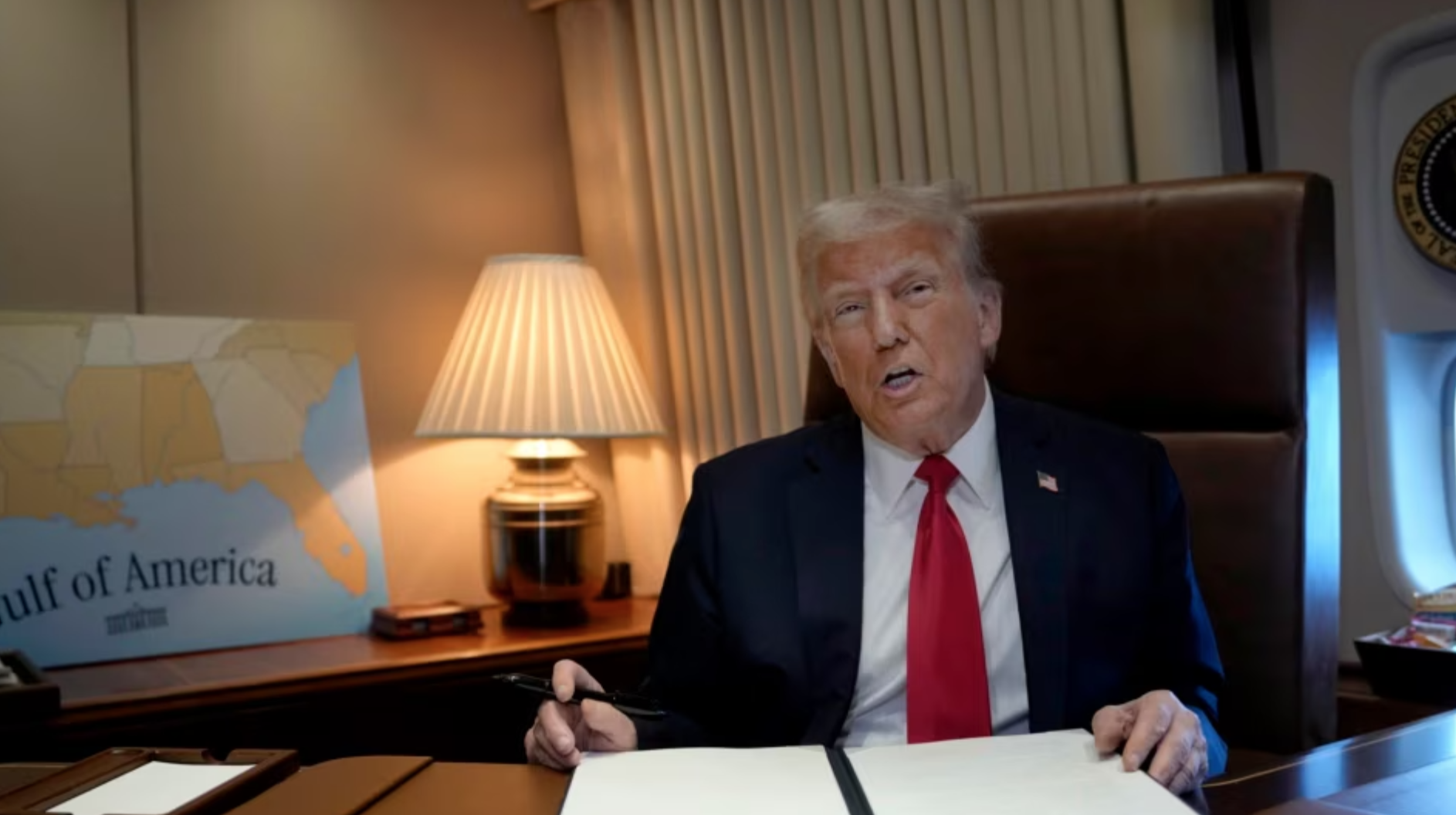Photo: Getty images
Mickey Raviv, President of the Israeli division of the Spanish company CAF, said that Israel’s railway network needs to increase competition and attract new players. He said this at the Globes Infrastructure for the Future conference, The Jerusalem Post reports.
Rail corridor to Saudi Arabia
Separately, Raviv expressed cautious optimism about the possibility of building a railway link between Israel and Saudi Arabia.
“This would require only 200 kilometres of track across Jordan to connect the Israeli and Saudi rail networks,” he said.
According to Raviv, CAF is already active in Saudi Arabia, and the majority of their railway fleet consists of trains from the Spanish manufacturer.
Attracting international companies
Raviv noted that today the Israeli railway market is dominated by European competitors from France, Germany and Spain. He emphasised that CAF was able to win the tender for the Jerusalem project ahead of Chinese competitors, proving that quality and price are crucial, not political factors.
“We have proved that it is possible to win Chinese tenders without politics. This is an important signal for future railway projects,” he said.
Challenges and the future of the industry
According to Raviv, the Israeli railway system needs new players to create a competitive environment, especially in long-distance transport.
“Israel Railways is currently dependent on two international suppliers. We need to open the market to new companies to avoid a situation where in 30 years we will be left with outdated trains that will not perform their functions,” he warns.
Raviv also stressed that Israel needs to create a state-owned company that will centrally manage metro and intercity rail projects.
“Knowledge is being accumulated, but it is scattered: NTA has experience in construction, and Jerusalem has experience in tender management. They need to be combined,” he stressed.
You have the money – you need a strategy
The President of CAF Israel also assured that financing railway projects in Israel is not a problem.
“We always close financing on time. Today there are no obstacles to investment in railway infrastructure,” he said.
Thus, Israel continues to expand its railway capabilities, and CAF plans to participate in every new tender, from the Tel Aviv metro project to the high-speed connection to Eilat.

















